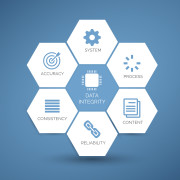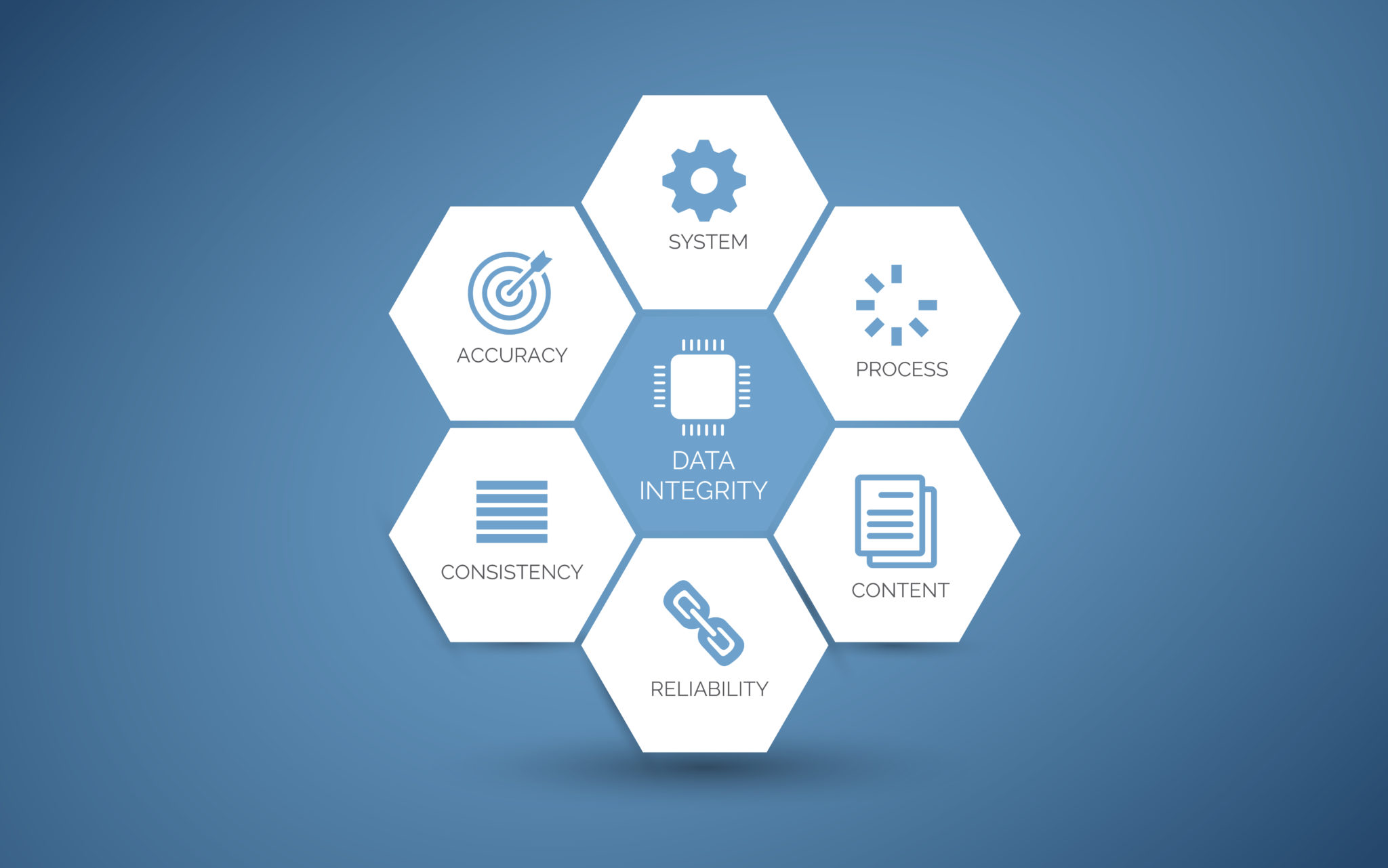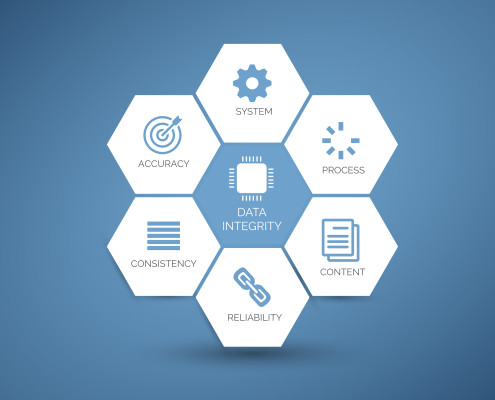New Podcast Addresses Importance of Single Sign-On (SSO) Tech in Healthcare

The proliferation of data breaches along with the rising pressure to more effectively safeguard protected health information (PHI) in healthcare is fueling growth in the adoption of single sign-on (SSO) solutions. Designed to relieve the burden of password management while providing a more convenient mechanism for users to access their computer or to the network, SSO solutions offer distinct advantages over traditional passwords including:
- Providing an air-tight security mechanism to authenticate users gaining access to network resources
- Reducing IT support costs associated with password management and help desk overhead
- Minimizing the risk and cost of enterprise data theft from users inside the firewall
- Supporting regulatory compliance (HIPAA, Sarbanes-Oxley, etc.) with improved security
- Leveraging existing network infrastructure for faster deployment
- Allowing users to quickly lock and unlock their computers with a single proximity card swipe or biometric scan

Our latest podcast with Ray Madril from Healthcast discusses the importance of adopting single sign-on (SSO) technology to increase patient safety and patient data security in healthcare.
To dig a little deeper into the importance and urgency of adopting SSO solutions in healthcare, we contacted Ray Madril of Healthcast and scheduled a podcast session to tap into his knowledge and covered the following topics:
- An overview of the current health IT data security landscape and why establishing a secure single-sign-on credential is now considered mission-critical for the healthcare industry
- The impact data breaches have on the healthcare industry and how a strong SSO solution prevents breaches and their damaging effects
- How the implementation of an SSO solution impacts provider workflows and why is this important to patient safety
- E-prescribing is changing healthcare by demonstrating that health IT has become a critical component for the efficient delivery of medicine and cost-effective patient treatments. What role does a secure SSO solution have to support efficient and secure EPCS?
- The different form factors for SSO solutions and the impact of using biometrics such as a fingerprint with an SSO solution to ensure patient safety
- How a successful SSO implementation increases patient safety
Healthcast is RightPatient’s exclusive SSO partner and we recently joined forces to help increase patient safety and provider stronger patient data access security.
Download a copy of the SSO in healthcare podcast and listen to it on the go! Have a friend or colleague that you feel would benefit from the podcast on adopting SSO for stronger data security in healthcare? Please forward them the link.
Have an idea for a podcast? Submit your entry to: jtrader@rightpatient.com along with a suggested guest for the topic.





